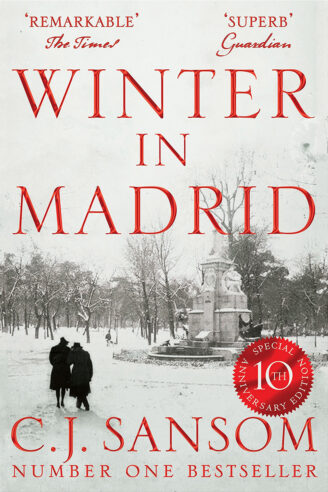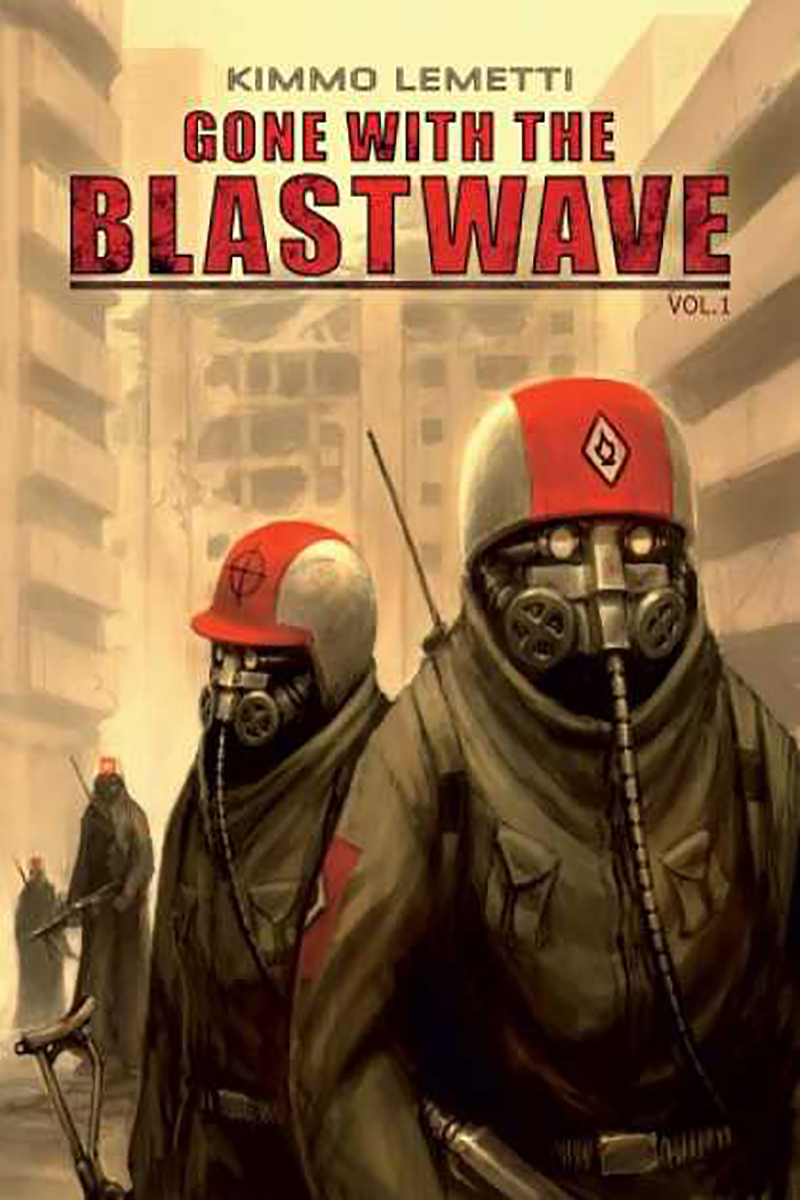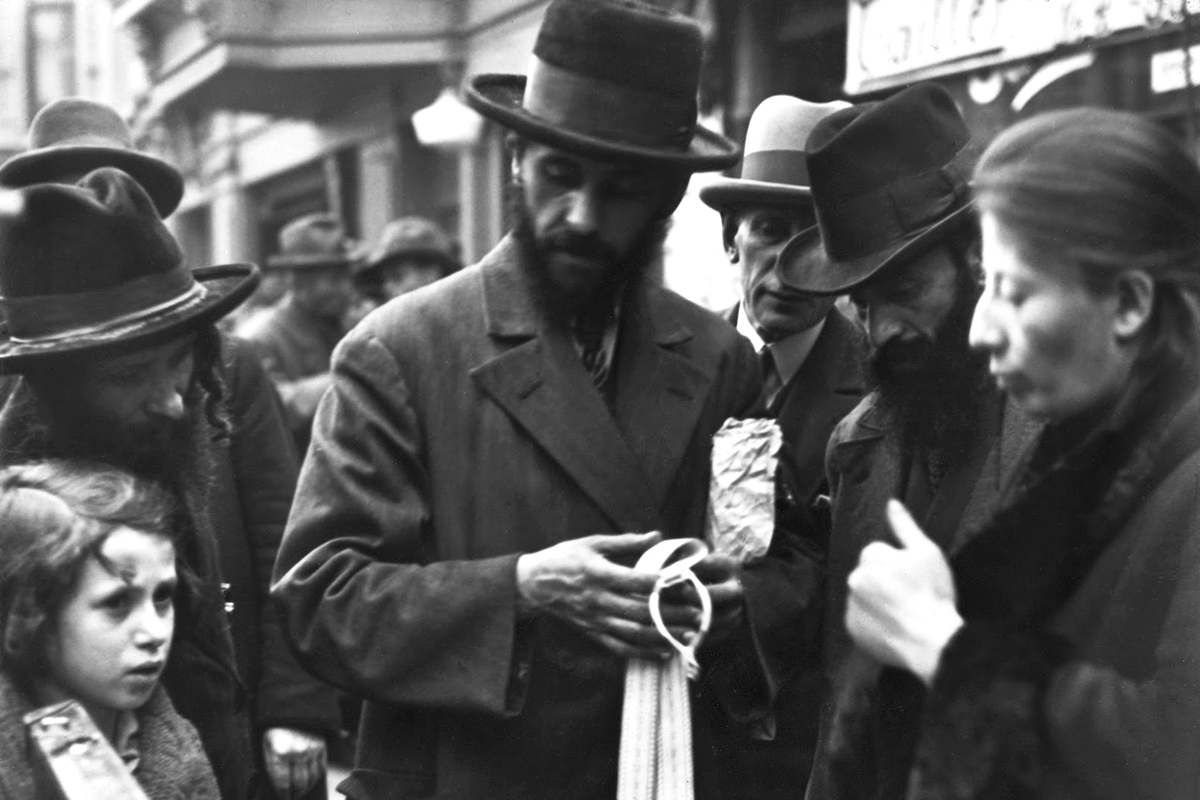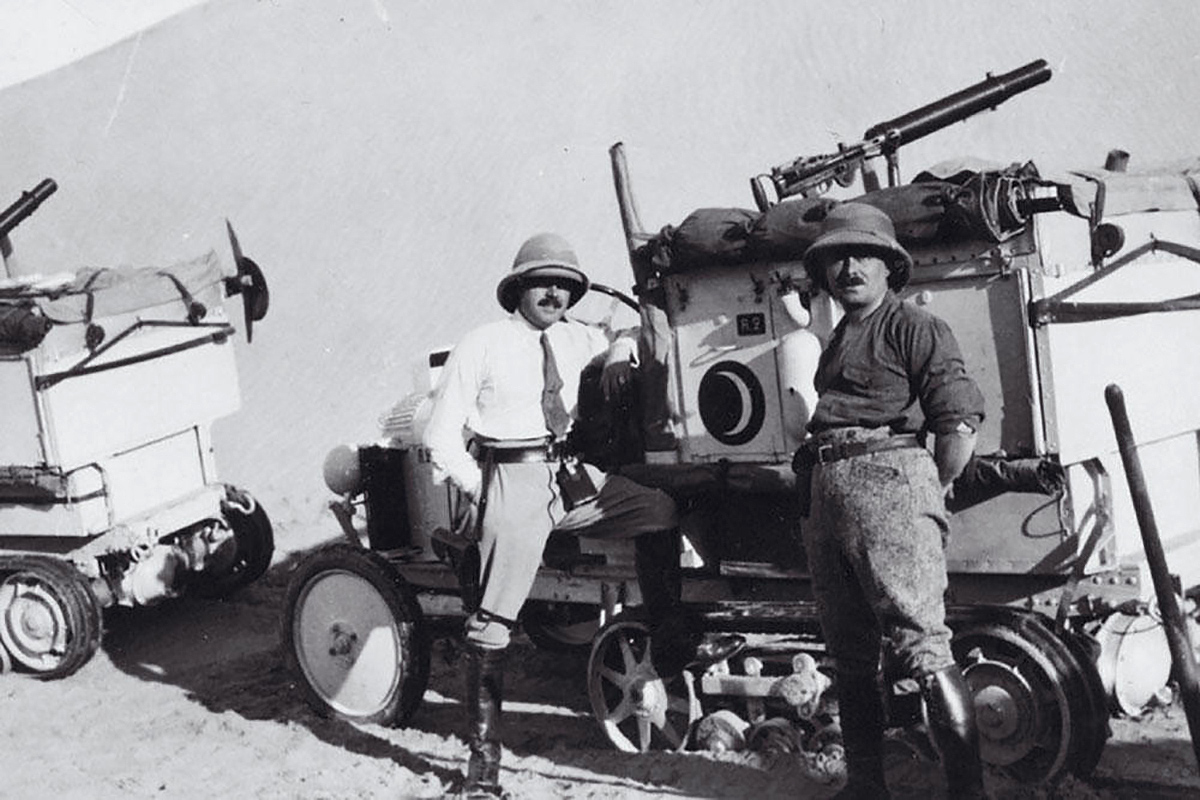The Spanish Civil War: that allegedly heroic time of brave Republicans and Socialists fighting off dastardly Fascists. It is the time of Homage to Catalonia, of human beings “behaving as human beings and not as cogs in the capitalist machine.” The time of international brigades and socialists being either inspired or disillusioned, depending on who they encounter. It was Guernica, and it was the proving ground for so many terrible things the Germans and Italians would later unleash upon Europe when the “armistice for twenty years” that Ferdinand Foch had predicted would come to an end.
It is in the shadow of that cruel war that C.J. Sansom sets his novel Winter in Madrid. It concerns a young academic enlisted to serve British intelligence in the early years of World War II to find a British national lost after fighting for the international brigades.
I have seen this book described as a thriller, but I don’t think that’s quite accurate. It’s a slower, more deliberate book than your typical Tom Clancy novel, and one that has relatively little focus on the purely military aspects of the war. Winter in Madrid is a character-driven story.
I was first exposed to C.J. Sansom via Dominion (2012, review here), an alternate history about a United Kingdom that has come under the heavy influence of a victorious Nazi Germany. Sansom sticks to our own timeline in Winter in Madrid, but his skills are not in any way reduced. Taking both books together, I am convinced Sansom is a master of atmosphere. He reveals authoritarian societies to be suffocating in nature, enrapturing the reader in a foggy haze that obscures whatever seems to be the truth at that particular moment. You can almost feel the impending doom in both stories, and that is what authoritarian regimes are to the people who are unfortunate enough to live under them.
Our protagonist is utterly out of his depth when forced to assume the role of spy in a foreign land. He is an earnest man, kind to the Spaniards he meets, and loathes the cruelty inherent in this business. The lost communist Briton is his foil, an ideological firebrand who endures hell in the name of his beliefs. Bridging the two is the communist’s former beau, another Briton, who is probably the most street-smart of the three. So much of this novel is the interplay between these characters, and Sansom brings them to life vividly.
That is not to say the lush recreations of wartime Spain are bad; they are superb. Madrid is a city that is battered by war and yet pulses with life, especially those places where Franco and his ilk hold court. Whenever the Falangists occupy the page, they exude a sinisterness that matches their ideology. But you also get plenty of excursions to the countryside, where the beauty of the land is contrasted with the misery of societal turmoil.
Sansom departs from a lot of World War II fiction by setting the story in a place not directly involved in combat barring one small deployment of troops to the Eastern Front. We receive updates from the war in a remote, detached way, much in the same way the characters do. It gives the war the urgency of current events and charges the atmosphere with a dire electricity.
If there is any weakness to this book, it is how Sansom portrays the Spaniards. They are enemies or side characters, but they are never main characters. Despite its setting in the storied land of Spain, the central drivers of the plot are all British. Spain is a magnificent set, but it is at its core a set, not an agent.
Nevertheless, the novel gives a vivid description of a society that feels like it is about to burst at the seams as it sits on the sideline to a deadly competition between the great powers of Europe. It works as an espionage tale in a lushly rendered foreign land (one that Sansom never allows to be anything other than foreign), and a more cerebral meditation on the individual and history.
Those looking for a good World War II story could do far worse.





